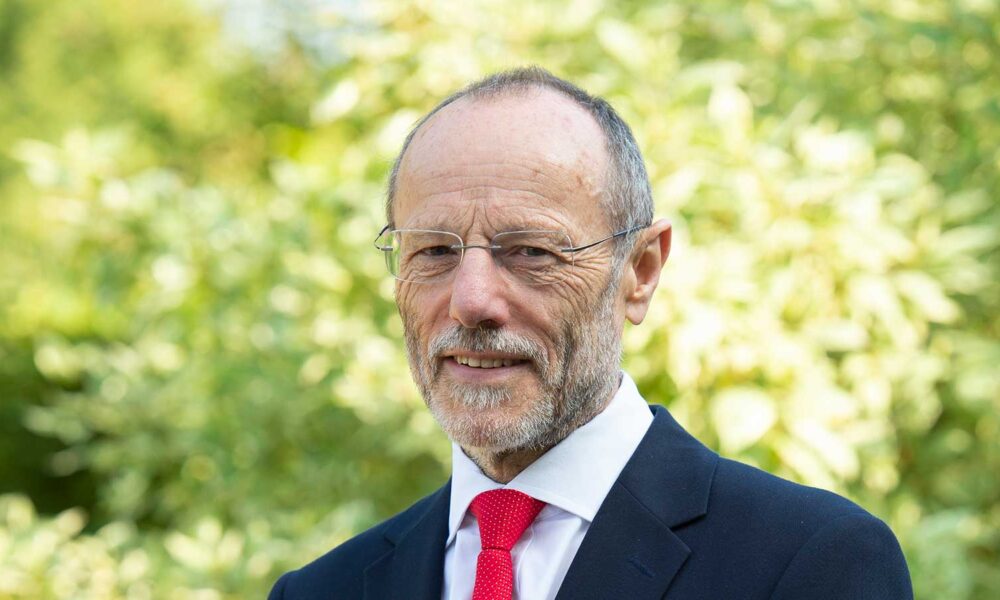
In 1984, along with six other science parks’ managers, I founded UKSPA. Back then, we had no idea how the future would unfold. Today, we are part of a worldwide movement that attracts the interest of universities, the private property sector, industry research facilities and many governments.
As a young academic at the University of Surrey, I experienced the benefits of democratisation of access to personal computing as the technology sector was in its infancy. I used my first research grant to buy an Apple Euro II, freeing me from the constrained needs of a hugely expensive technology infrastructure.
Flexible office space for entrepreneurs
As I moved from academia to heading up the conception and design of Surrey Research Park, I soon realised entrepreneurs taking advantage of new markets, evolving from personal computing, needed a combination of wet and dry laboratory space that was flexible and able to match their aspirations to grow a tech business.
In those days, the commercial letting norm was a 25-year lease and a need for ‘a home’ as collateral for a loan to even start a business. Both are huge barriers to the entrepreneurial mindset, so the idea of the Surrey Technology Centre (STC) with 30-day notice licences was born.
Like all projects there is a commercial imperative to ensure the business neither runs out of money nor upsets the customer, and like many science parks across the world, the action of local government has been critical to our success. The grant of planning permission for Surrey Research Park came hand in hand with our commitment to transfer knowledge, share the risk for entrepreneurs in building a business, increase access to technology, enhance access to talent and provide suitable, flexible occupancy contracts to help businesses survive and thrive.
Science and entrepreneurship drive our economy
Today the concept of entrepreneurship giving economic value to science is so widely appreciated that humble science parks have evolved into places where business incubators and accelerators are paramount to the business ecosystems that drive our economies. R&D as a commercial imperative has been rejuvenated with the idea of open innovation. Fledgling businesses are encouraged and supported. Cities have followed suit and are creating innovation districts, with more national governments building science towns to drive economic development.
My forty-three-years working at the University of Surrey, first as an academic and then founding the Surrey Research Park alongside an outstanding team of colleagues, in particular Professor Steve Baker, have been truly rewarding. We have seen not only the commoditisation of higher education but unparalleled growth and change in science, technology, engineering and social science and its utilisation in business not only as a service but also a platform for creating businesses.
The phenomenal output from universities and the world’s research base, mostly funded at a fundamental level by governments, has seen the creation of new markets that have impacted our lives immeasurably. Without this combination of the inventiveness of science and subsequent commercialisation by entrepreneurs, few, if any, of the extraordinary impacts on our daily lives would have come about. In a popular and commercial dimension, the combination of science and entrepreneurship has resulted in democratisation of access to both knowledge and investment and created a fast-paced and exciting environment that favours innovation.